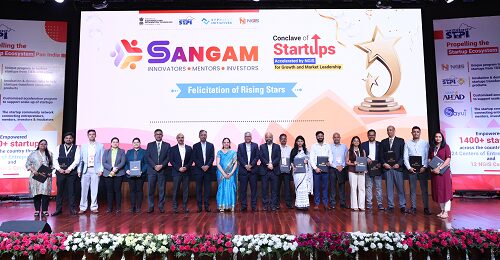Micro-credentials are emerging as a transformative tool in Indian higher education, with a majority of leaders acknowledging their role in equipping students for workforce success. A recent survey, involving over 180 higher education leaders in India as part of a global study of 1,000 leaders across 850 institutions, highlights their potential to enhance student satisfaction, institutional branding, enrollment, and retention rates.
According to Coursera’s Micro-Credentials Impact Report 2024 – India Edition,, nearly all Indian leaders (98%) offering micro-credentials agree that these certifications bolster students’ long-term career outcomes. This recognition is fueling the integration of micro-credentials into university curricula. Institutions such as Acharya Institutes, Chitkara University, and Vishwakarma University have adopted platforms like Coursera for Campus to incorporate micro-credentials seamlessly into their academic programs.
Currently, 52% of Indian institutions offering micro-credentials provide credit-bearing options, and this figure is expected to rise to 94% in the next five years. This aligns with the University Grants Commission’s National Credit Framework (NCrF), allowing students to earn transferable academic and skill-based learning credits. Additionally, 10 Professional Certificates from Google and IBM on Coursera have recently achieved alignment with the National Skills Qualification Framework (NSQF), underscoring their industry relevance.
The report also highlights India’s leadership in micro-credential expansion, outpacing regions like North America and Asia-Pacific. This trend reflects a growing shift toward credit-bearing micro-credentials, enabling students to acquire flexible, job-relevant skills while supporting institutional growth.
As Indian higher education evolves, micro-credentials integration continues to shape a national skills ecosystem, preparing graduates for success in the global economy.














